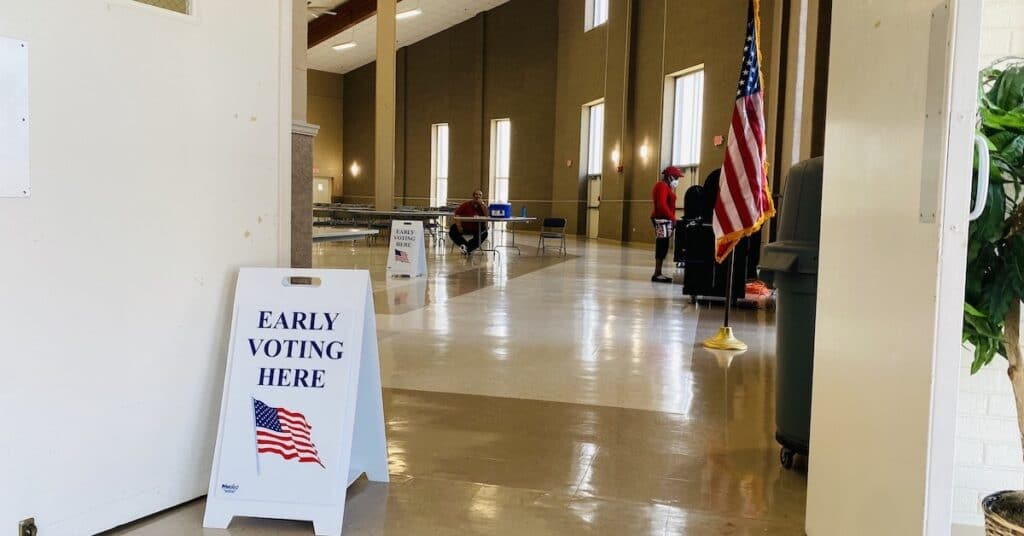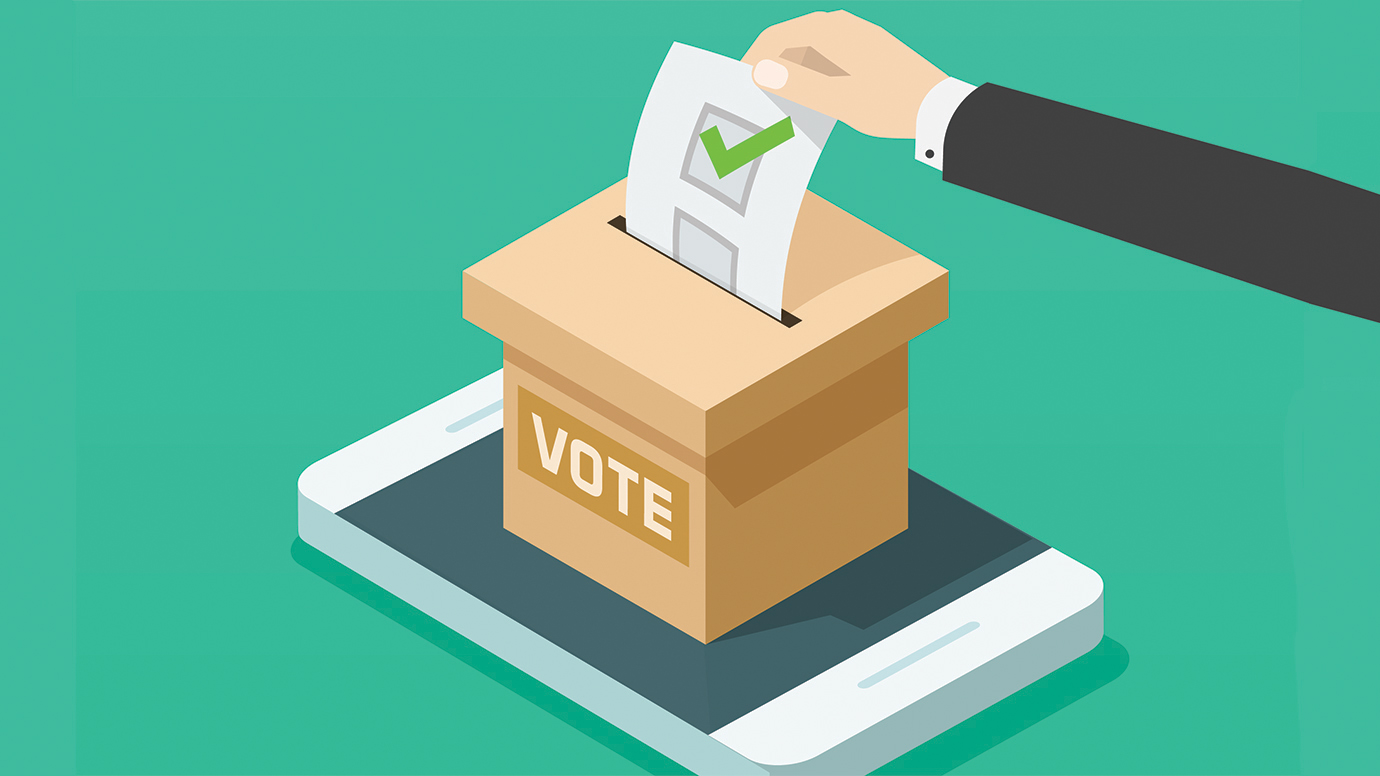- Abuse & The Abuser
- Achievement
- Activity, Fitness & Sport
- Aging & Maturity
- Altruism & Kindness
- Atrocities, Racism & Inequality
- Challenges & Pitfalls
- Choices & Decisions
- Communication Skills
- Crime & Punishment
- Dangerous Situations
- Dealing with Addictions
- Debatable Issues & Moral Questions
- Determination & Achievement
- Diet & Nutrition
- Employment & Career
- Ethical dilemmas
- Experience & Adventure
- Faith, Something to Believe in
- Fears & Phobias
- Friends & Acquaintances
- Habits. Good & Bad
- Honour & Respect
- Human Nature
- Image & Uniqueness
- Immediate Family Relations
- Influence & Negotiation
- Interdependence & Independence
- Life's Big Questions
- Love, Dating & Marriage
- Manners & Etiquette
- Money & Finances
- Moods & Emotions
- Other Beneficial Approaches
- Other Relationships
- Overall health
- Passions & Strengths
- Peace & Forgiveness
- Personal Change
- Personal Development
- Politics & Governance
- Positive & Negative Attitudes
- Rights & Freedom
- Self Harm & Self Sabotage
- Sexual Preferences
- Sexual Relations
- Sins
- Thanks & Gratitude
- The Legacy We Leave
- The Search for Happiness
- Time. Past, present & Future
- Today's World, Projecting Tomorrow
- Truth & Character
- Unattractive Qualities
- Wisdom & Knowledge
Happiness Tuesdays
Voting For A Party You Don't Believe In
What do you do when there’s an election and you don’t really know who to vote for? Maybe you’ve always voted a certain way but you just don’t really agree with some of the new policies that they are promoting.
Maybe you don’t know who to vote for because you don’t like any of the people running.
Maybe you are sick and tired of the party who is currently in power but you don’t really want to vote for the alternative.
It seems that politics has become the wild west in the last few decades. Maybe it’s always been that way, but the older I get the crazier it seems to be.
I remember a few years ago when a friend of mine ended up voting for a different party than he had ever voted for. The same party had already been in for 2 terms, and it was who he had voted in. He didn’t feel that they were performing up to snuff in a few areas, and he was ready for change.
So, against his better judgment, he voted for a party that he didn’t really believe in. They got in.
In the years since, he has really regretted his decision to vote for a party that he didn’t believe in, just for the sake of a change. He says he will never vote against his beliefs again because he regretted it ever since.
What about you - have you ever voted for a party that you didn’t believe in? How did it turn out?
Interesting Fact #1
Making an informed decision on a candidate feels particularly difficult right now. I’m lucky that I can research candidates and issues for my job; this isn’t the case for most people. You’d think it would be easier in the age of the internet where the answer to anything lies at the tips of our fingers. But online, amid recommended searches and algorithm-fed news, finding the actual answer to anything isn’t as straightforward as it should be. Knowing what sources are trustworthy can be shockingly difficult.
Interesting Fact #2
Go to the candidate’s webpage and see what they’re saying about the issues you care about.
Interesting Fact #3
Read local or national news analysis about the candidate. Go to the newspaper. Read pundits that you trust – although I realize that’s a problem nowadays, because we don’t trust anyone. Try not to be a single-issue voter.
Quote of the day
“Anti-intellectualism has been a constant thread winding its way through our political and cultural life, nurtured by the false notion that democracy means that 'my ignorance is just as good as your knowledge.'” ― Isaac Asimov
Article of the day - How do you figure out who to vote for?
When I was a kid, my dad would take me to the local library each election day to show me what participating in a democracy looks like. No matter whether it was a local or national election, we would show up at the library, talk to the nice ladies (always ladies) sitting at the plastic card table outside the community room with the names of every registered voter in the area printed out on a clipboard, and vote.
My dad would tell the poll workers his name and address and they would find him on the clipboard, corroborate his identity with his driver’s license, and then we would enter the room where voting machines with their little pleated skirts lined the walls.
Here’s where it would get exciting for me: my dad would hand me the eraser-only wooden pencil used to poke at the digital screen and column-by-column we would move through each candidate and ballot question, choosing which fate we wanted, me pressing all the buttons. Maybe this is illegal – I don’t know, I was 10 – but it was my first taste of what voting really means.
We took our time with this process. Of course, before election day my dad spent hours figuring out just who and what he would vote for, but he still took time at the polls to consider the questions and not just choose the only candidate available (as is often the case in a local election).

The polling place for early voting on Thursday, May 12, 2022, at the Christian County Senior Citizens Center. (Hoptown Chronicle photo by Jennifer P. Brown)
This is not the process I have adopted as an adult. I turned 18 two months before the 2016 presidential election, a time that triggered a metaphorical avalanche in American politics that’s been sliding toward disaster ever since. Instead of researching anything about the candidates on my ballot, I’ve figured out who to vote for based on who, under no uncertain terms, I do not want to be my president or senator or representative.
Every vote I cast feels like it’s made in the defensive, fighting off the very worst option with the oft-disappointing alternative. At times, I’ve let social media discourse, endorsements from organizations I like, or the latest trending op-ed determine how I vote, rather than doing my own research.
You could certainly argue this is part of that research process, but it’s loathsome to me. It also feels like a symptom of what Gen Z might call being “chronically online” –which opinions are mine, and which opinions are ones fed to me by my smartphone? This is a concern I have about a lot of my thoughts, not just ones on politics.
Making an informed decision on a candidate feels particularly difficult right now. I’m lucky that I can research candidates and issues for my job; this isn’t the case for most people. You’d think it would be easier in the age of the internet where the answer to anything lies at the tips of our fingers. But online, amid recommended searches and algorithm-fed news, finding the actual answer to anything isn’t as straightforward as it should be. Knowing what sources are trustworthy can be shockingly difficult.
So how do you make the most informed decision about a candidate, especially if they’ve never held the office they’re running for? I asked my dad, my personal trusted news source, what his process is. Biased as I might be, I think these are good recommendations:
“First, I go to the candidate’s webpage and see what they’re saying about the issues I care about. Second, I go to statewide web pages and non-partisan web pages that provide you information about the candidates or issue. It should be objective. [CLAIRE INSERT: ballotready.org is a nonpartisan organization that provides information for voters from all 50 states about when their elections are, whether they’re vote-by-mail or in-person, and who and what’s on the ballot.]
“Third, just read local or national news analysis about the candidate. Go to the newspaper. Read pundits that you trust – although I realize that’s a problem nowadays, because we don’t trust anyone. Try not to be a single-issue voter.”
“Finally, ask friends you trust or share values with.”
This is a good mix of research and gab with like-minded people, and to continue this spirit of gabbing: How do you figure out how you’ll vote? Seriously, reply to this newsletter and let me know.
Question of the day - Have you ever voted for a party that you didn’t believe in? How did it turn out?
Politics & Governance
Have you ever voted for a party that you didn’t believe in? How did it turn out?











